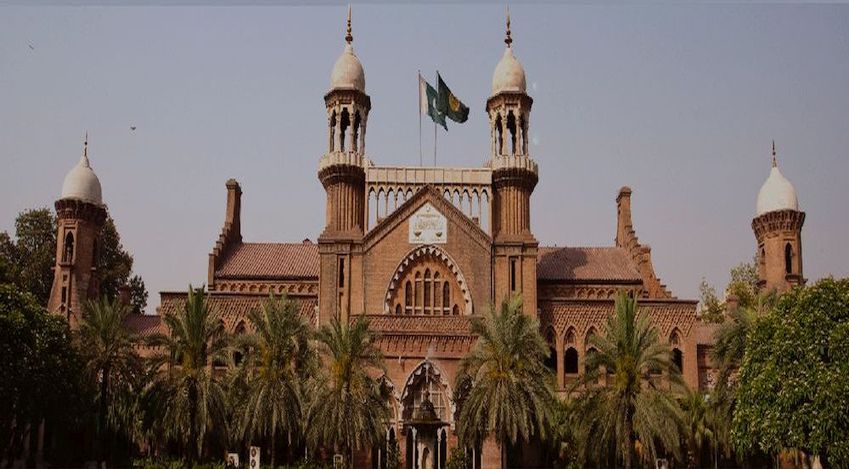Lack of Intent to Kill, reclassifies the nature of Offense --- Lahore High Court Modifies Conviction in Murder into Rigorous Imprisonment with Fine
Islamabad 16-11-2024: The Lahore High Court (LHC), in its judgment dated October 1, 2024, reclassified the offense in a murder case involving Shahid Ali alias Makhi from intentional murder (Section 302(b) PPC) to unintentional homicide (Qatl Shibh-i-Amd under Section 316 PPC). The Court sentenced the appellant to 10 years of rigorous imprisonment and directed him to pay Diyat of Rs. 81,03,955, as per the prevailing fiscal year’s rate.
Shahid Ali was accused of causing the death of Muhammad Ijaz by delivering kicks and fist blows during an altercation on July 31, 2015. The trial Court convicted him under Section 302(b) PPC and sentenced him to life imprisonment, along with compensation of Rs. 200,000 to the deceased’s heirs. Feeling aggrieved, Shahid Ali filed an appeal challenging his conviction.
The Court, presided over by Mr. Justice Muhammad Tariq Nadeem, noted the following:
- The FIR was lodged within 30 minutes of the incident, leaving no room for deliberation or fabrication.
- Witnesses, despite being related to the deceased, provided consistent, trustworthy accounts corroborated by medical evidence.
- The postmortem findings confirmed death due to vasovagal shock caused by blunt trauma to the testis, aligning with the prosecution’s case.
The Court concluded that Shahid Ali’s actions did not amount to intentional murder but fell under Qatl Shibh-i-Amd (Section 315 PPC). The reclassification was based on the lack of intent to kill, with the act being committed in the heat of an altercation. The appellant was convicted under Section 316 PPC and sentenced to:
The appeal partially succeeded, with Shahid Ali’s conviction modified and punishment recalibrated. This judgment underscores the judiciary’s role in balancing the gravity of evidence, the intention behind the act, and the legal frameworks defining criminal liability.
Powered by Froala Editor








